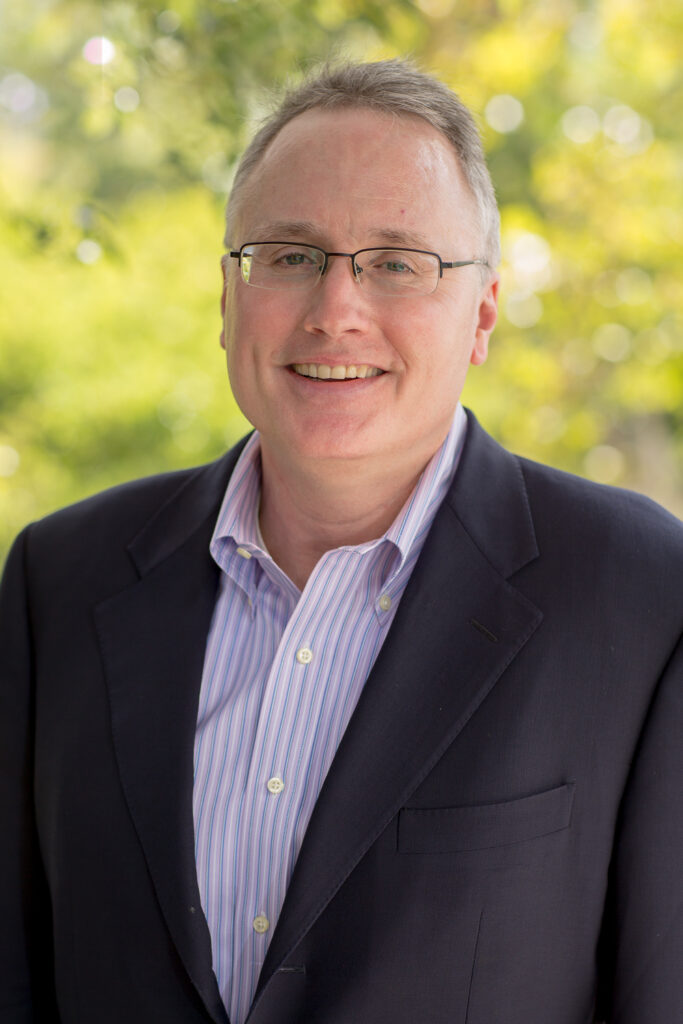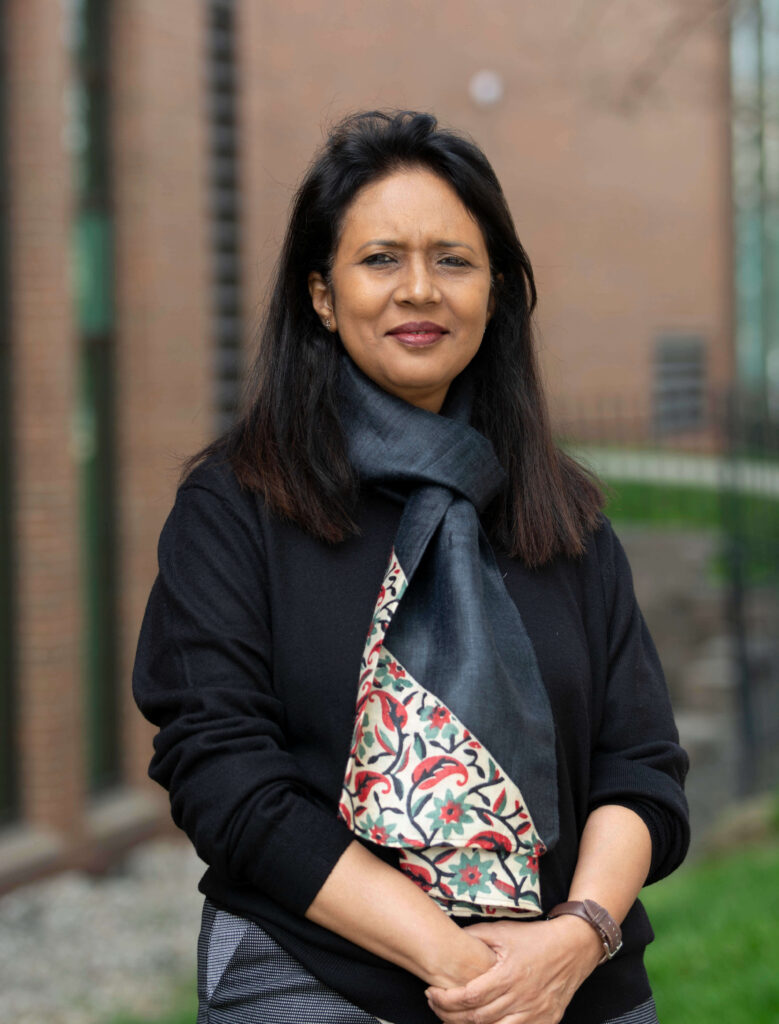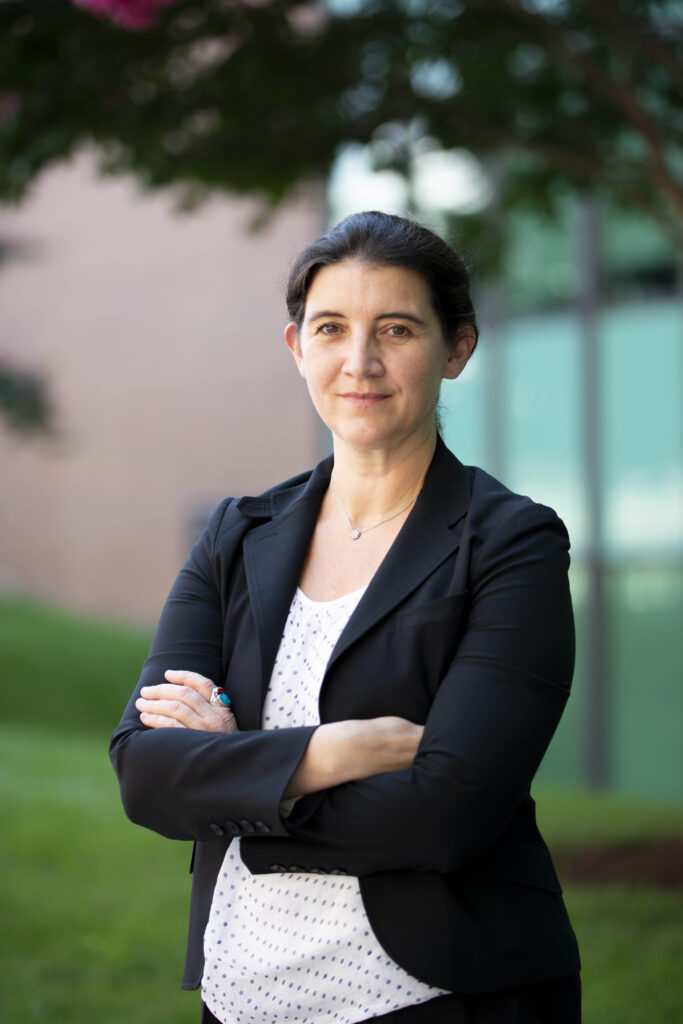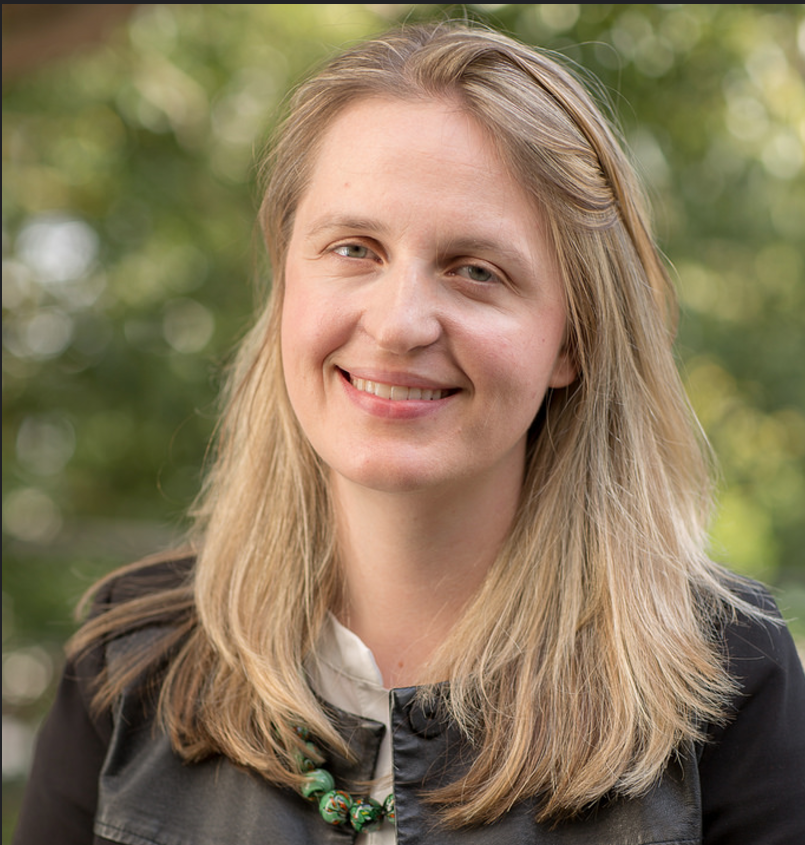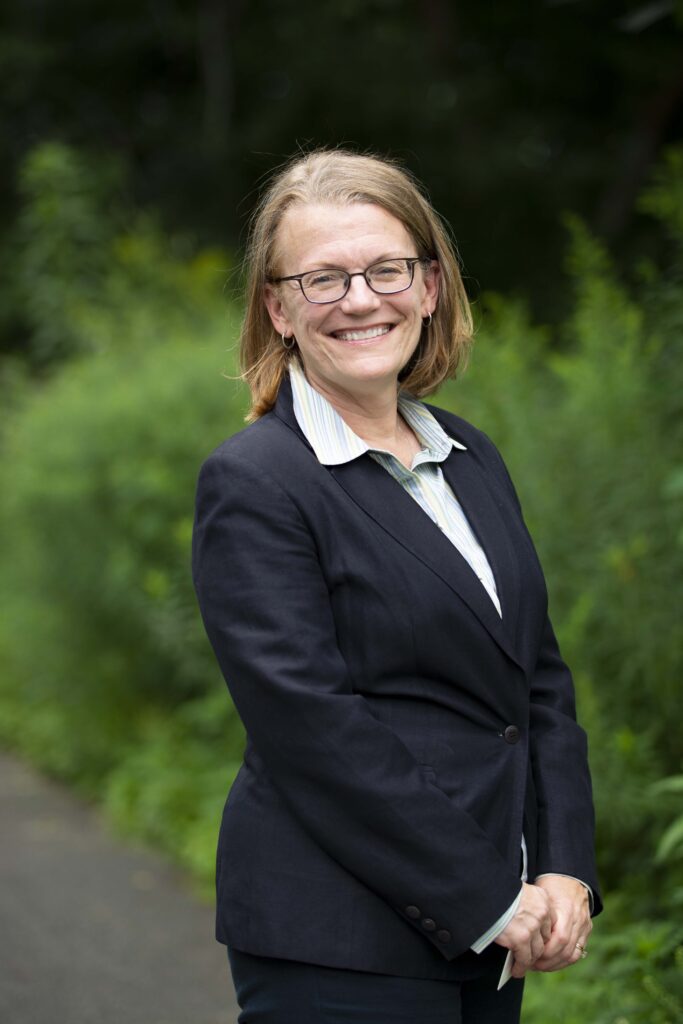
Regulators play a significant role in catalyzing or impeding a country’s progress toward financial inclusion. By evaluating five domains of the regulatory environments in 55 countries (i.e., government and policy support, stability and integrity, products and outlets, consumer protection and infrastructure), the Global Microscope identifies each country’s current policies and regulations and notes which are likely to create an enabling environment for financial inclusion.
The 2019 Global Microscope features 11 new gender-focused indicators that measure financial inclusion for both women and men. These new indicators can help policymakers identify areas that could potentially improve women’s ability to access and use the financial tools they need to thrive.
The Global Microscope is produced by The Economist Intelligence Unit with policy guidance and financial support from leading organizations in the field, including CFI.
Major Findings
- The enabling environment for financial inclusion has improved in the 55 countries covered in the Global Microscope 2019. Colombia, Peru, and Uruguay maintained the top rankings again this year. Likewise, the countries covered in the study’s regional analysis of Latin America and the Caribbean maintained the most favorable regulatory environments. These findings are at odds with access and usage data that show that Latin America and the Caribbean have recently fallen behind other regions. This points to the limitations that policies play in driving outcomes. They can contribute, but policies alone are insufficient in driving desired outcomes.
- Practical impediments – such as limited access to identification, the Internet, and/or mobile phones – restrict women’s ability to use digital financial services.
- Argentina, Costa Rica, Honduras, Russia, and other countries continue to adopt financial inclusion strategies and incorporate digital approaches to foster inclusion. In the past, national-level programs have led to the most progress over the short and long term.
- Consumer protection and privacy laws are evolving to respond to the unique challenges that fintech presents, but few countries have updated their consumer protection regulations to account for the risks posed by digital players.
Calls to Action
Policymakers must ensure that both women and men are enabled to utilize and empowered benefit from greater financial inclusion. As the landscape for financial inclusion continues to evolve, and as financial service providers adopt new technologies and approaches, governments will need to implement policies to ensure that potential users develop the necessary capabilities and possess key enablers to access and use these products (such as national ID and mobile phones). This includes developing and implementing policies specifically designed to address gender disparities in access to these enablers.
Governments must ensure their national strategies do not worsen the gender gap. As financial inclusion policy shifts its focus towards the promotion of digital financial services, regulators and policymakers must address this digital gender gap or risk contributing to even greater disparities in access to financial services between women and men. Although nearly four-fifths of countries in the Microscope have strategies or initiatives to promote digital literacy, only one-fifth incorporate a gender approach into these programs.
